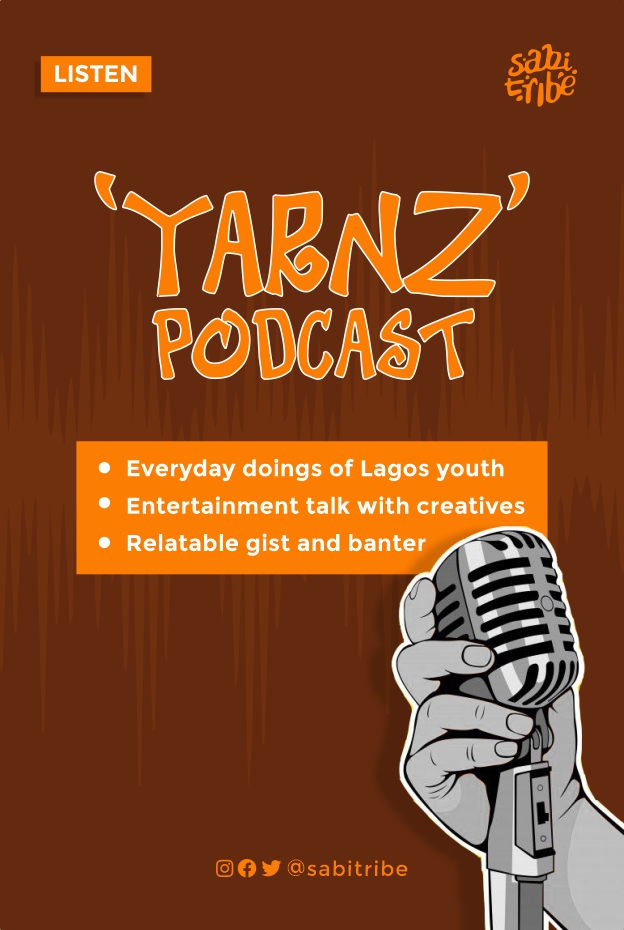Solidarity forever!
Protests have always been man’s means of expressing his objection or disapproval of an action or rule of a governing body. It is a public expression which stimulates an act of cooperation amidst numerous people who share the potential risks of doing so.
Although times have changed through civilization we discover that the world remains the same as we go down memory lane, the fight for solidarity through protests will never stop.
Here are 7 protests in Nigerian history:
1. Aba Women’s Riot (1929)
This riot was led by women in the provinces of Calabar and Owerri–the Igbo women who organized a massive revolt against British Colonial administrators who ruled locally through warrant chiefs (Igbo individuals appointed by the British government). The power-drunk warrant chiefs were said to be oppressive, imposed draconian local regulations and imprisoned anyone who openly criticized them. What broke the camel’s back was the colonial administrators announcing plans to impose special taxes on Igbo market women who were responsible for supplying food to the urban population.
The women congregated at native administrative centres and smaller towns with chanting and dancing. They forced some of the warrant chiefs to resign, attacked European stores and Barclays Bank, broke into prisons to release prisoners and burnt down native courts. Their two-month action was short-lived when the colonial police fired into the crowd that killed more than 50 people and wounding over 50 others.
In total, it was said that at least 25,000 Igbo women were involved in the protest that is regarded as a feminist and anti-colonial one. Fortunately, their effort was not in vain as their action prompted the colonial authorities to drop their tax plans and curb the power of the warrant chiefs.

2. Abeokuta Women’s Revolt (the 1940s)
A resistance movement led by the Egba women under the leadership of Funmilayo Ransome-Kuti against the imposition of unfair taxation by the Nigerian colonial government. The women fought the government of their day with various resistance tactics which made some of them end up in jail or get fined. They continuously marched out in their thousands for mass protests to the king’s palace. These marches were greeted with tear gas and beatings.
However, as a result of this fight which includes the abdication of the King from the throne (though he later returned to power, four women had positions in the local council and the taxation of women was ended (history has it that it was temporarily abolished). This women’s union continued to advocate for women’s rights in Nigeria and played a role in Nigerian Nationalist movements.

3. Ali Must Go (1978)
This was a student protest against the government of that era (1975-1979 Mohammed/Obasanjo military administration) over an increase in fees by the government who blamed their action on the high cost of living. The students held meetings in Ilorin, Maiduguri and Calabar before deciding to challenge the military government on the increase in fees.
The protest was named after the then Minister of Education, Ahmadu Ali who was believed to play a major role in the increment, though he shifted the blame on the Supreme Military Council. The protest featured lecture boycotts, public demonstrations and open confrontations between the students and the Nigerian Army and police. This event led to the death of Akintunde Ojo (an architecture student at the University of Lagos) and 8 unnamed students in Zaria. However, the increment was not reversed.

4. Anti-SAP Riots (1989)
This protest included students, non-students, employed workers, unemployed, school children and hoodlums against the Structural Adjustment Program introduced as a government policy in a bid to stop the effect of falling oil prices and foster the development of local industries. It was aimed at devaluing the Naira, reducing welfare spending, mass retrenchment and curbing corruption in a bid to make Nigeria qualify for the International Monetary Fund-issued loans.
The protest started with a peaceful demonstration which later turned out to be mob riots, the burning of petrol stations and a prison break in Benin. Two people died in Benin with dozens in other big cities. The government did not go back on its decision about the SAP measure despite the agitations in the country but a relief package was designed to ease the tension of the masses which includes the provision of employment, feeding programmes, transport relief packages, removal of import duties and bursaries for students.
5. June 12 Protest (1993)
This happened as a result of the annulment of the June 12 presidential election which was supposed to bring Chief M.KO. Abiola into power. The series of violent protests happened majorly in the southwest of the country and it is estimated that the security forces killed over 100 people in an attempt to make the riot die down. It also led to condemnation from international bodies which include; the United Kingdom, the United States, European Union and Commonwealth.
Media houses were proscribed or shut down, journalists were arrested, decrees were issued preventing the court to sit on the annulled election and the National Electoral Commission was suspended. This political unrest was followed by a series of other events which include the resignation of the military head of state (General Ibrahim Babangida), a continuation by an interim civilian government led by Chief Ernest Shonekan and a government overthrow in a bloodless coup led by General Sanni Abacha.

6. Occupy Nigeria (2012)
This happened in response to the fuel subsidy removal by the Federal Government of President Goodluck Jonathan. The socio-political protest movement took place across the country including overseas. The protest was also characterized by civil disobedience, strike actions, demonstrations and online activism. This lasted for about 12 days with 16 reportedly dead.
However, the petrol price which was proposed to escalate from N65 to N141 due to the removal of the fuel subsidy was reduced to N97 based on an agreement of partial subsidy with the labour leaders who claimed to do their best under the circumstance.

7. End SARS (2020)
This happened as a series of mass protests in all parts of the Nigeria and diaspora against police brutality in a bid to call for the disbanding of the Special Anti-Robbery Squad (SARS) which is a unit of the Nigerian Police Force with a long record of abuse on Nigerian citizens. The protest was also accompanied by a massive outage on social media platforms with about 28 million tweets bearing its hashtag on Twitter. The movement expanded its demand to include good and accountable governance.
The protest led to several deaths, the major highlight of this protest will be the incident of 20th October 2020 when the Nigerian Army opened fire on unarmed End SARS protesters at Lekki Toll Gate, Lagos State. However, the president, Gen. Muhammadu Buhari stated that the Special Anti-Robbery Squad (SARS) was dissolved with immediate effect. Reportedly, the protest is said to continue to date with a remembrance of its fallen heroes on 20th October.

#Traditional is a segment documenting the beauty of indigenous culture. This edition features 7 protests in Nigerian history.




